Late-Deafened Individuals: Implications for Postsecondary Outcomes

Late-deafened individuals experience a variety of challenges navigating the postsecondary environment due to a variety of internal and external factors. This document summarizes the research related to postsecondary outcomes for late-deafened individuals.
Including Deaf Students With Co-Occurring Disabilities in the Accommodations Discussion
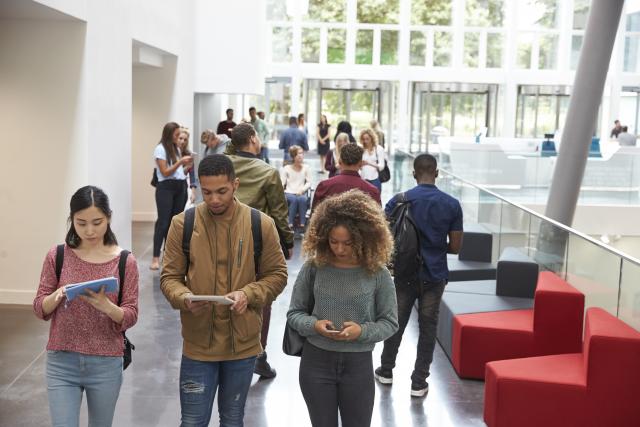
Deaf students are a low-incidence group; however, they have a high incidence of additional disabilities. Many require accommodations for equal access to classroom instruction and assessment, particularly in mainstreamed educational settings where spoken English is the primary language.
Importance of Effective Communication Between Deaf and Hearing Individuals

This brief summarizes the research related to effective communication between deaf and hearing individuals.
State Reports: Postsecondary Achievement of Deaf People

Download, read, and share state reports about postsecondary outcomes of deaf individuals in your state. This important information may benefit individuals and organizations in each state as strategies are identified and put in place for systemic changes to better postsecondary outcomes for deaf individuals.
How Ready Are Postsecondary Institutions for Deaf Students?
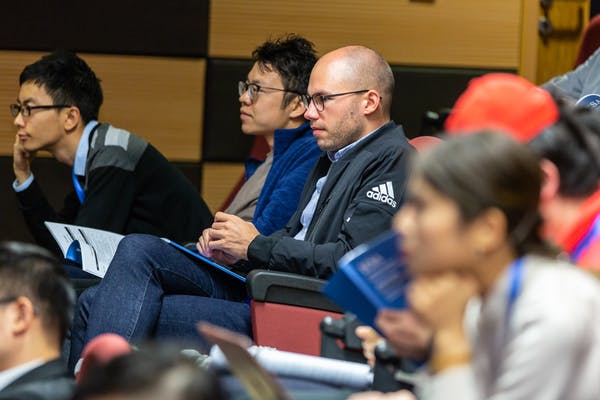
Educational policy is increasingly focused on the need for individuals to be prepared for postsecondary education. This article uses the lens of deaf students to explore ways in which college readiness can be conceptualized for both individuals and institutions. We discuss considerations at the institutional level, such as accommodations, student disclosure rates, and levels of accessibility for deaf students.
Family Context: Understanding the Importance of Siblings

Families play an important role in influencing the educational and occupational outcomes of deaf children.
The Common Core State Standards: Considerations for Teachers of Deaf Students

The research brief summarizes the research and relevant resources related to the Common Core State Standards for teachers of deaf students.
Communication Technology as a Predictor of Future Attainments for Deaf Young Adults
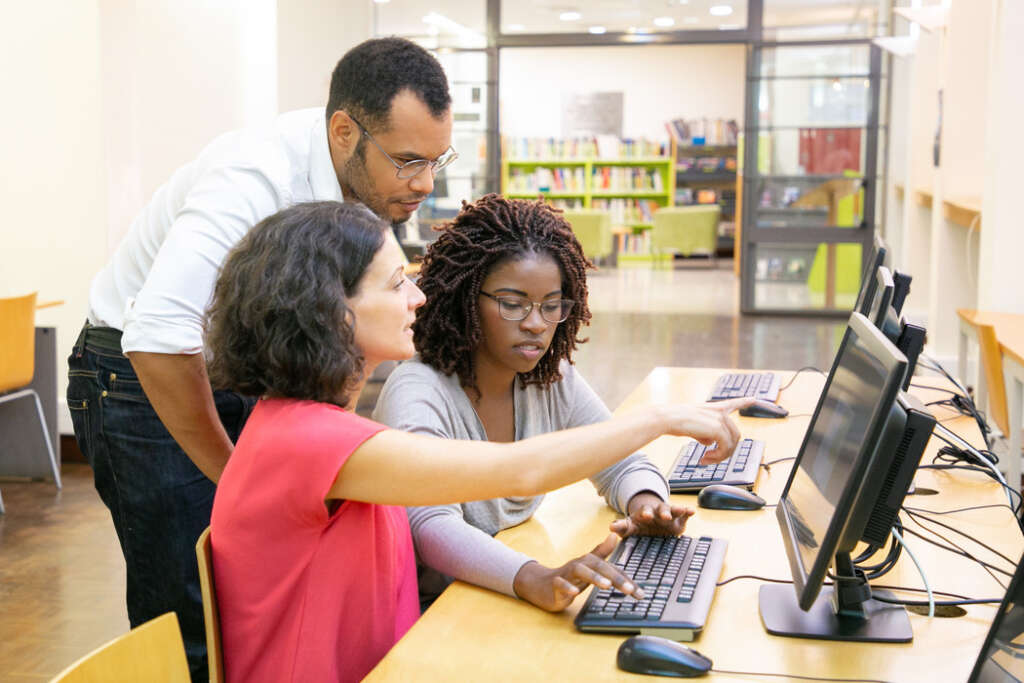
Communication technologies are often assumed to level the playing field for disabled individuals, but the benefits may be magnified for deaf individuals in particular.
Universal Design

The term universal design was coined by architect Ronald L. Mace to describe the concept of designing all products and the built environment to be aesthetically pleasing and usable to the greatest extent possible by everyone, regardless of their age, ability, or status in life.
Deaf Culture as an Asset in Preparation for Postsecondary Education and Employment
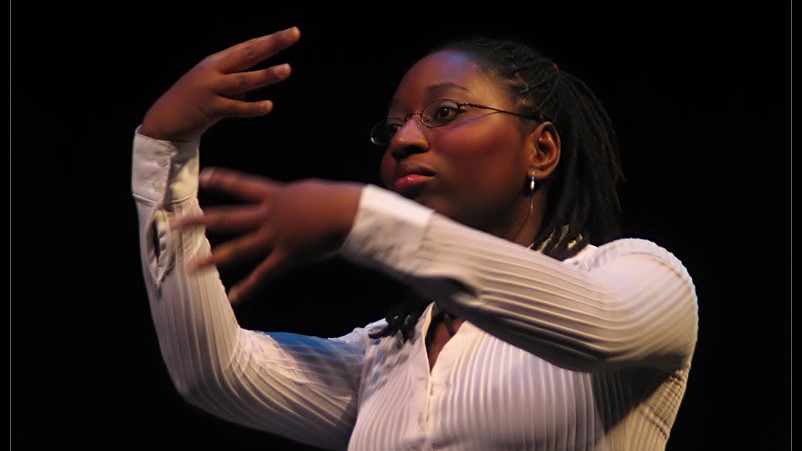
This brief summarizes the research related to deaf culture as a potential resource to be drawn upon in support of postsecondary education and employment outcomes for deaf individuals.
Comparison of Students’ Achievement: Deaf, Learning Disabled, and Deaf With a Learning Disability
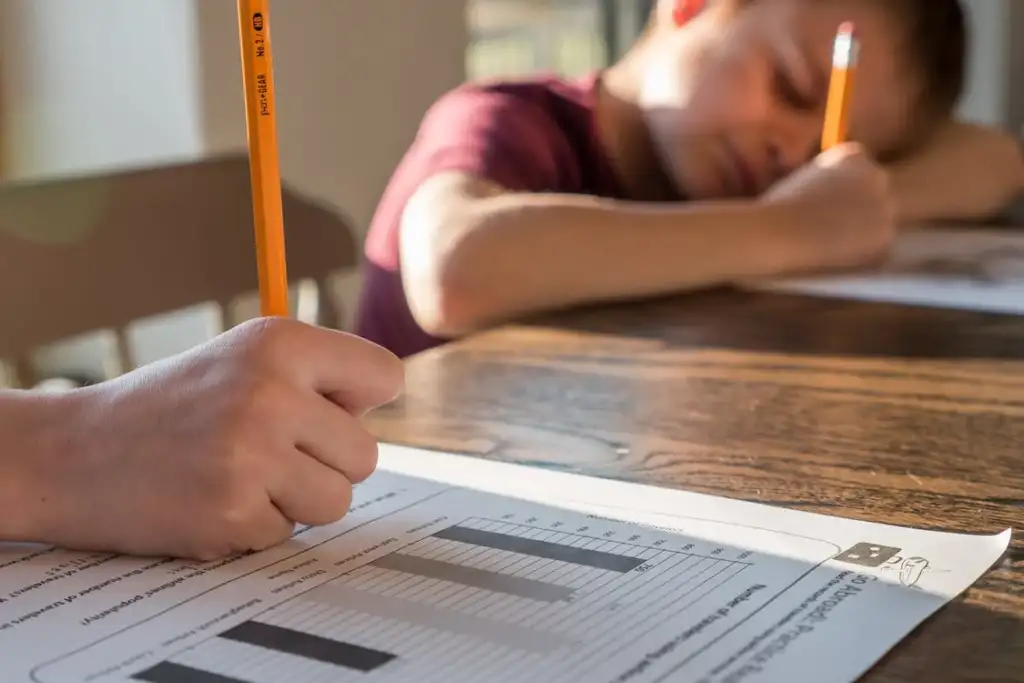
Approximately half of deaf students have a co-occurring disability. Although assessing and diagnosing learning disabilities (LD) is particularly difficult in this population, it is important to properly identify students who may be eligible for academic interventions or accommodations.
Assessing the Quality of Single-Case Design Research With Deaf Individuals

Single-case design (SCD) research is often considered a good fit for measuring intervention outcomes among low-incidence populations, including deaf individuals. The authors use criteria from the What Works Clearinghouse (WWC) to assess the quality of SCD studies across research about deaf individuals.





